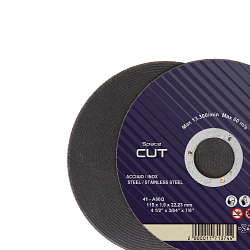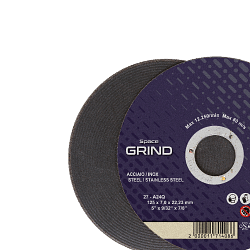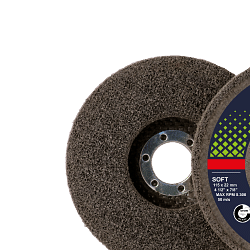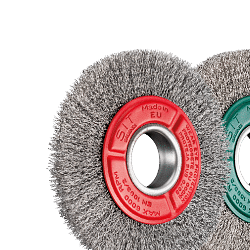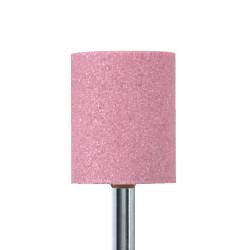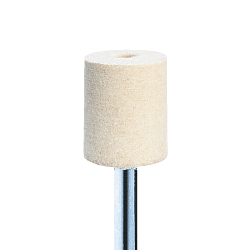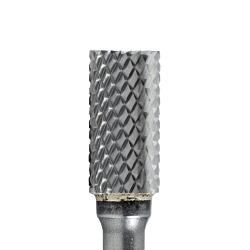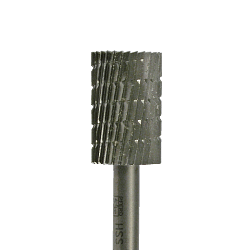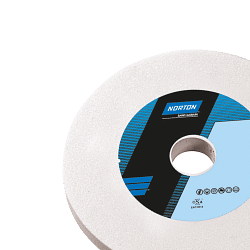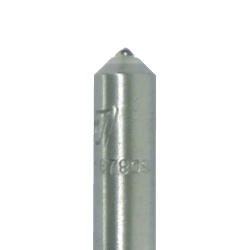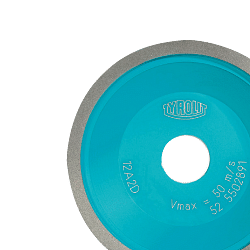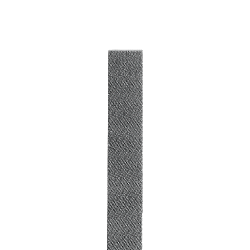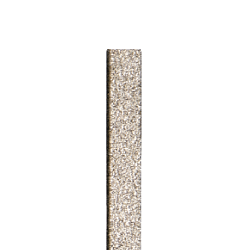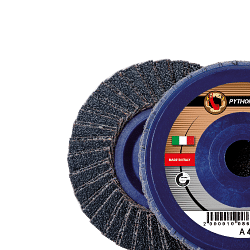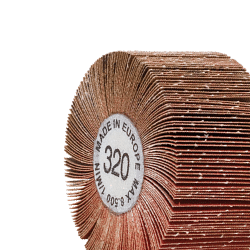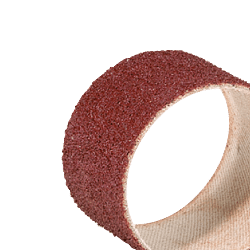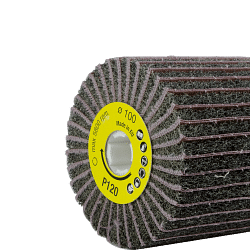Register and use the discount code NEWWELCOME to get 10% off on your first purchase. GET DISCOUNT.
Register and use the discount code NEWWELCOME to get 10% off on your first purchase. GET DISCOUNT.
Register and use the discount code NEWWELCOME to get 10% off on your first purchase. GET DISCOUNT.
Free shipping in 24h from 200€
Catalogues
Customer service
How can we help you?
- Faq
- Customer service
02.927371
- Supporting big orders
02.38298620
-
info@linkindustrialtools.it
- Request assistance with form
Or contact us with the chat in the lower right corner
- All products
 Integral cutting tools
Integral cutting tools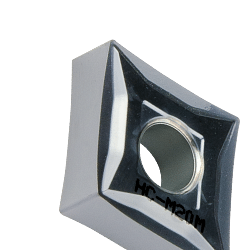 Turning tools
Turning tools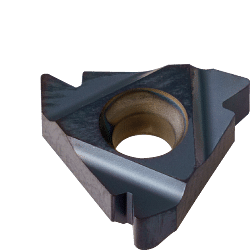 Thread tools
Thread tools Thread tools
Thread tools- All products
- Thread inserts
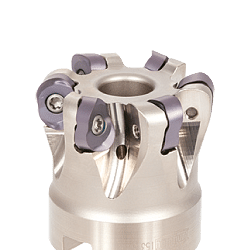 Milling cutters
Milling cutters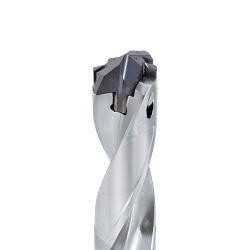 Drilling tools
Drilling tools Drilling tools
Drilling tools- All products
- Indexable drill bits
- Indexable drill heads
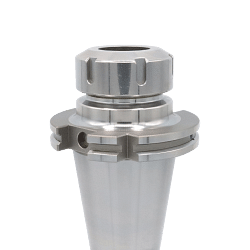 Clamping systems
Clamping systems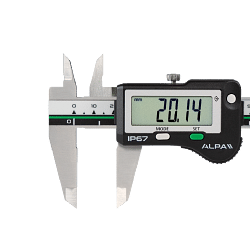 Measuring and precision tools
Measuring and precision tools Measuring and precision tools
Measuring and precision tools- All products
- Digital calipers with readings to 0.01
- Analogue calipers
- Digital micrometers
- Analogue micrometers
- Bore gauges
- Snap gauges
- Digital gauges
- Analogue gauges
- Touch probes
- Zero setters and edge finders
- Inspection plates
- Altimeters
- Height gauges
- Squares and levels
- Threaded rings
- Gauge blocks
- Calibrated tapes and thickness gauges
- Digital and analogue hardness testers
- Roughness testers
- Microscopes, lenses and visors
- Digital thermo-hygrometer to measure moisture
- Reset benches
- Optical profile projector
- Professional, digital dynamometers
- Laboratory scales
- Digital amperometric pliers
- Thickness and adhesion gauges
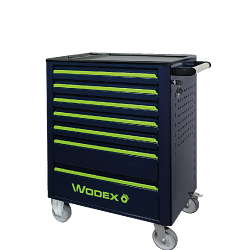 Hand tools
Hand tools Hand tools
Hand tools- All products
- Combination wrenches
- Spanners
- Hook wrenches
- Tubular wrenches
- Hexagon keys
- Torx wrench
- Socket wrenches
- Screwdrivers
- Torque wrenches
- Torque screwdriver
- Inserts and bits for screw drivers
- Tool trolleys
- Workshop pliers
- Wire strippers
- Cable strippers
- Cutting nippers
- Professional scissors
- Nippers
- Professional shears
- American or Swedish pipe wrench
- Adjustable wrench
- Pipe tools
- Pipe cutter for plumber
- Cutter
- Hacksaws
- Deburring tools
- Chisels
- Hammers and mallets
- Mechanical and conical pullers
- Clamps
- Tap wrenches and die stocks
- Riveters
- Flexometers
- Tape measures
- Markers
- Flat squares and rulers
- Professional dividers
- Professional protractors
- Brushes
- Lubricators and spray nozzles
- T-wrenches
- Reversible ratchets
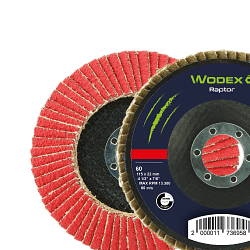 Abrasives
Abrasives Abrasives
Abrasives- All products
- Cutting discs
- Deburring grinding wheel
- Flap discs
- Fabric discs for surface treatment
- Abrasive fibre discs with Velcro
- Abrasive cloth in rolls, sheets and bands
- Flap wheels with pin and abrasive wheel with hole
- Abrasive wheels for buffing machines
- Abrasive spiral bands
- Abrasive brushes
- Flexible sanders
- Mounted grinding discs
- Polishing felt
- Solid carbide rotary cutters
- HSS rotary cutters
- Abrasive wheels for sharpening and grinding
- Diamond grinding wheels
- Grinding stone
- Diamond paste
- Abrasive stones
- Files and rasps
- Diamond files
- Grinders and polishing equipment
 Lubricants for machine tools
Lubricants for machine tools Lubricants for machine tools
Lubricants for machine tools- All products
- Water-miscible coolants
- Neat cutting oil
- Minimal lubrication systems
- Oil for guides and slides
- Drums of hydraulic oil fluid
- Anti-freeze for machine tools
- Air coolers
- Oil separator
- Powders and absorbents for oil
- Aspirators for oil mist
- Accessories for cooling lubricants
- Metal and mould protectors
- Grease and paste
 Chemical, adhesives and sealants
Chemical, adhesives and sealants Chemical, adhesives and sealants
Chemical, adhesives and sealants- All products
- Acrylic, cyanoacrylate and epoxy adhesives
- Guns and silicon sealant
- Threadlocker
- Sealants and retainers
- Release agents, lubricants and anti-seize
- Zinc spray and polishes
- Lubrication accessories
- Protections for maintenance
- Industrial Cleansing
- Handwash
- Industrial cloths and rags
- Welding machines
- Electrodes
- Clamps, shields and welding masks
- Antispatter
 Safety equipment
Safety equipment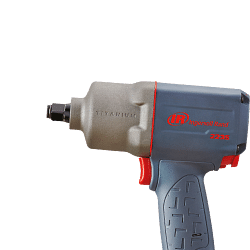 Pneumatics
Pneumatics Lifting systems
Lifting systems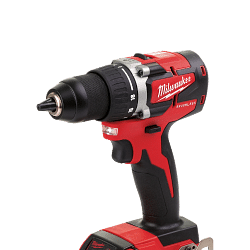 Workshop equipment
Workshop equipment Workshop equipment
Workshop equipment- All products
- Column and bench drills
- Accessories for lathes
- Band saws
- Cut-off machines
- Bench grinders
- Power tools
- Spare parts and accessories for Power Tools
- Saws and hole cutters: wood, metal and plasterboard
- Tapered cutters for sheet metal
- Industrial aspirators
- Fume aspirators
- Bench vices
- Technical lamps
- LED torches
- Industrial cable winders
- Trolley wheels
- Quick clamps
- Threaded inserts
- Control knobs
- Packaging accessories and material
- Belt sanders
- Electric tapping machines
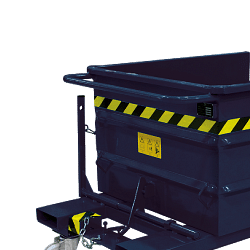 Furnishings and storage
Furnishings and storage Furnishings and storage
Furnishings and storage- All products
- Work benches
- Swivel chairs for office use
- Drawer units for workshops
- Industrial cabinets for warehouses and workshops
- Tool cabinets
- Security cabinets
- Changing room cabinets
- Containers for small metal parts
- Scrap holders
- Workshop trolleys
- Spill pallets for drum storage
- Shelves for warehouses and offices
- Cantilever shelving
- Aluminium ladders
- Modular plinths
- Units and cabinets for waste recycling
 Brand
BrandPromotions
 Bestseller
Bestseller- Catalogues
-
Catalogues
Customer service
How can we help you?
- Faq
- Customer service
02.927371
- Supporting big orders
02.38298620
-
info@linkindustrialtools.it
- Request assistance with form
Or contact us with the chat in the lower right corner
< Abrasives
Flexible sanders
Flexible sanders are an essential tool in the modern machine shop landscape. Known for their versatility and precision, these devices are designed to perform finishing operations on metal and non-metal surfaces, guaranteeing high quality results. Their ability to adapt to different surfaces and materials makes them indispensable for anyone working in the metalworking industry.
The importance of flexible sanders in machine shops
In the context of machine shops, the need to achieve smooth, imperfection-free surfaces is paramount. Flexible sanders meet this need thanks to their ability to adapt to uneven surfaces and reach difficult corners. This makes them particularly useful for machining complex components, where precision is crucial.
How flexible sanders work
Flexible sanders operate through a mechanism that allows the abrasive disc to follow the contour of the surface to be worked. This is made possible by a flexible backing that allows the disc to bend and adapt, ensuring uniform pressure over the entire contact area. The result is an even finish free of unwanted marks.
Advantages of using flexible sanders
One of the main advantages of flexible sanders is their ability to reduce processing times. Thanks to their efficiency, perfectly sanded surfaces can be achieved in less time than with traditional methods. Furthermore, their versatility allows you to work on a wide range of materials, from metals to composites, without the need to change tools.
Practical applications of flexible sanders
The applications of flexible sanders are manifold and range from finishing automotive components to machining aerospace parts. In the automotive sector, for example, they are used to grind body surfaces and engine components, ensuring a flawless finish. In the aerospace sector, their precision is crucial for machining critical components that require tight tolerances.
Frequently asked questions about flexible sanders
One of the most common questions concerns the lifetime of the abrasive discs used in flexible sanders. The lifetime depends on various factors, including the material being processed and the pressure applied. However, with proper use, the discs can last a long time, reducing operating costs.
Another frequently asked question concerns the maintenance of flexible sanders. It is important to carry out regular maintenance to ensure the proper functioning of the tool. This includes cleaning the components and replacing the abrasive discs when necessary.
Conclusions
Flexible sanders are indispensable tools for machine shops that strive for quality and efficiency. Their ability to adapt to different surfaces and materials makes them ideal for a wide range of applications, guaranteeing excellent finishing results. Investing in flexible sanders means improving productivity and work quality, two key aspects for success in the metalworking industry.
Read More Read LessThe importance of flexible sanders in machine shops
In the context of machine shops, the need to achieve smooth, imperfection-free surfaces is paramount. Flexible sanders meet this need thanks to their ability to adapt to uneven surfaces and reach difficult corners. This makes them particularly useful for machining complex components, where precision is crucial.
How flexible sanders work
Flexible sanders operate through a mechanism that allows the abrasive disc to follow the contour of the surface to be worked. This is made possible by a flexible backing that allows the disc to bend and adapt, ensuring uniform pressure over the entire contact area. The result is an even finish free of unwanted marks.
Advantages of using flexible sanders
One of the main advantages of flexible sanders is their ability to reduce processing times. Thanks to their efficiency, perfectly sanded surfaces can be achieved in less time than with traditional methods. Furthermore, their versatility allows you to work on a wide range of materials, from metals to composites, without the need to change tools.
Practical applications of flexible sanders
The applications of flexible sanders are manifold and range from finishing automotive components to machining aerospace parts. In the automotive sector, for example, they are used to grind body surfaces and engine components, ensuring a flawless finish. In the aerospace sector, their precision is crucial for machining critical components that require tight tolerances.
Frequently asked questions about flexible sanders
One of the most common questions concerns the lifetime of the abrasive discs used in flexible sanders. The lifetime depends on various factors, including the material being processed and the pressure applied. However, with proper use, the discs can last a long time, reducing operating costs.
Another frequently asked question concerns the maintenance of flexible sanders. It is important to carry out regular maintenance to ensure the proper functioning of the tool. This includes cleaning the components and replacing the abrasive discs when necessary.
Conclusions
Flexible sanders are indispensable tools for machine shops that strive for quality and efficiency. Their ability to adapt to different surfaces and materials makes them ideal for a wide range of applications, guaranteeing excellent finishing results. Investing in flexible sanders means improving productivity and work quality, two key aspects for success in the metalworking industry.


